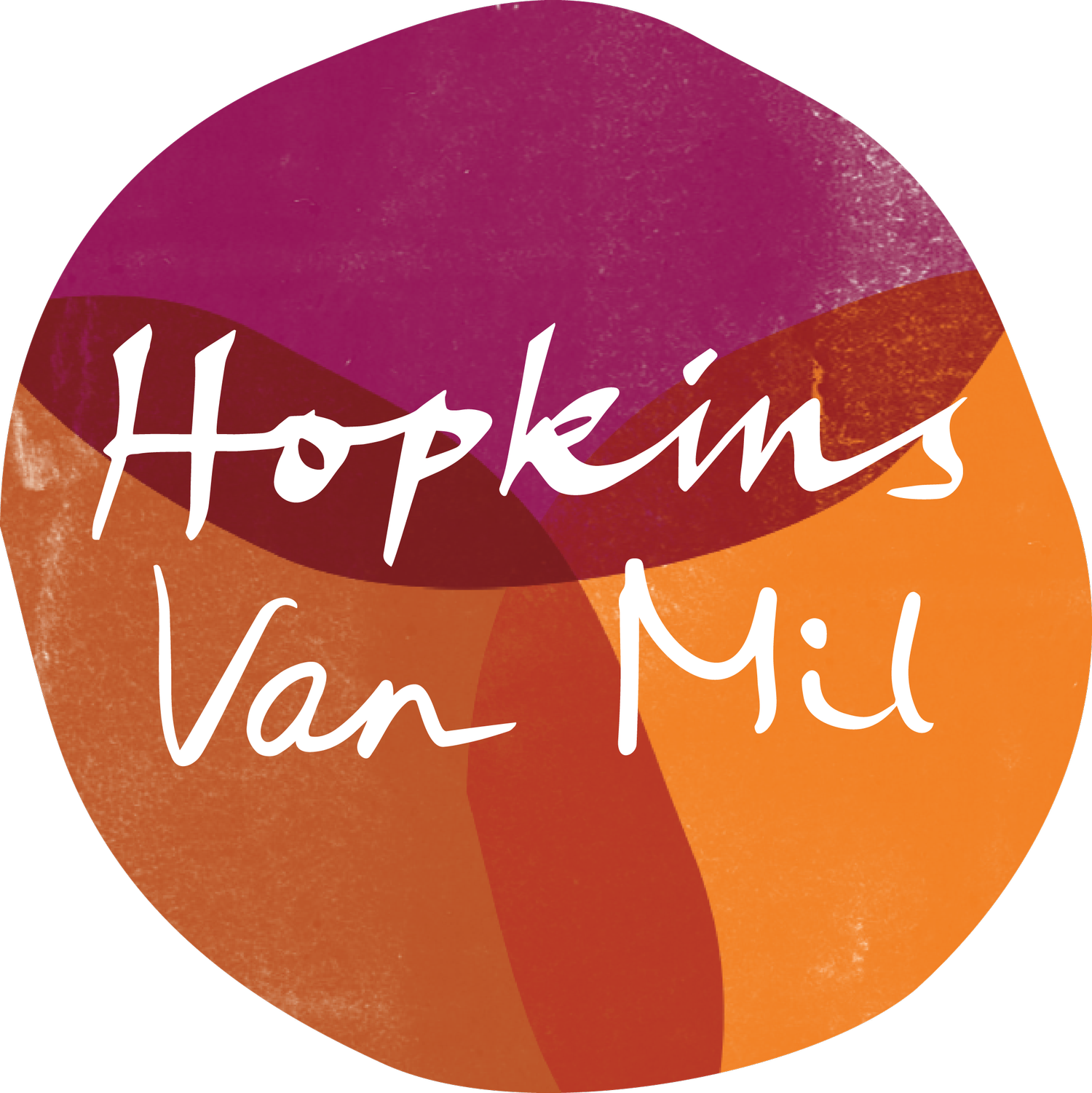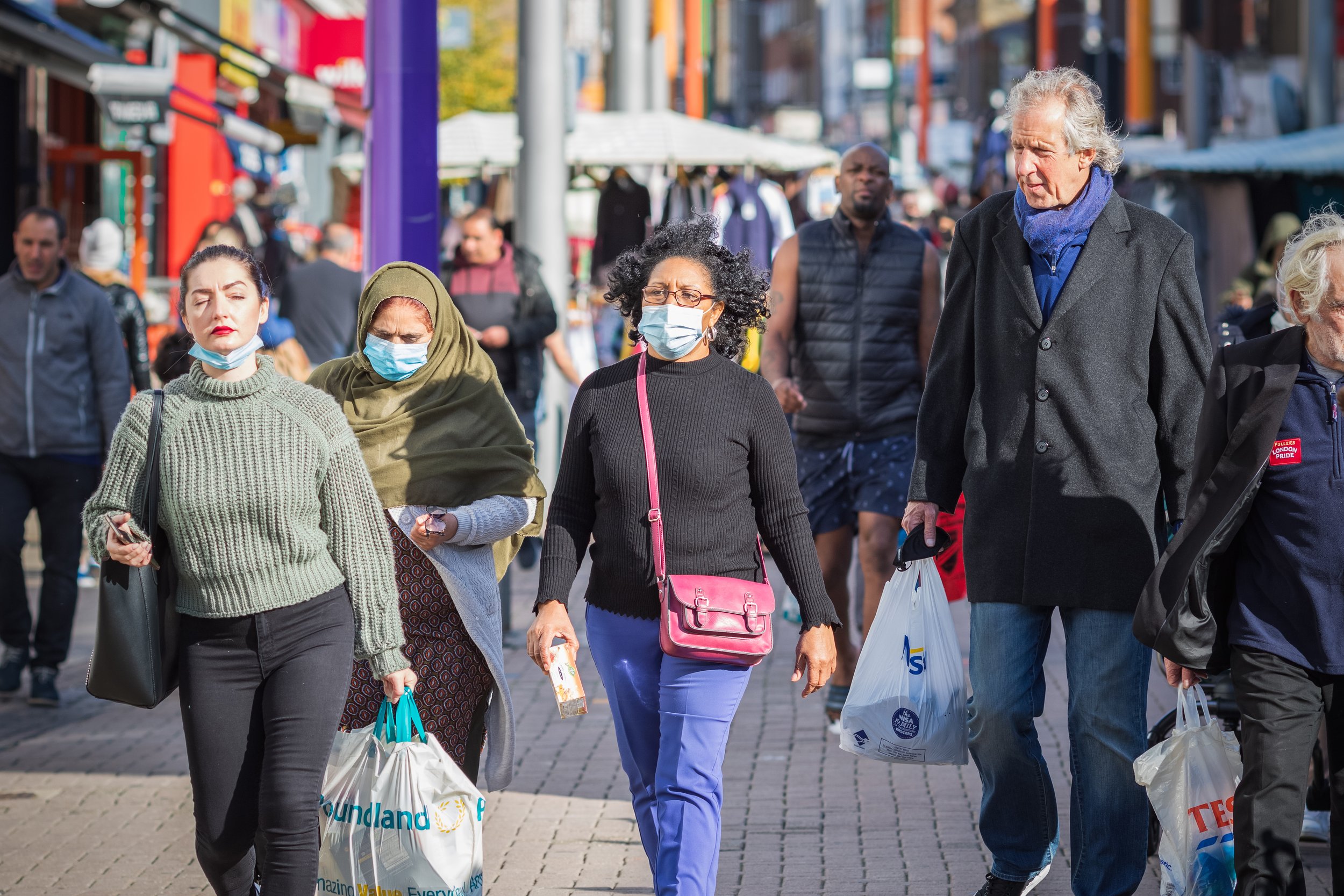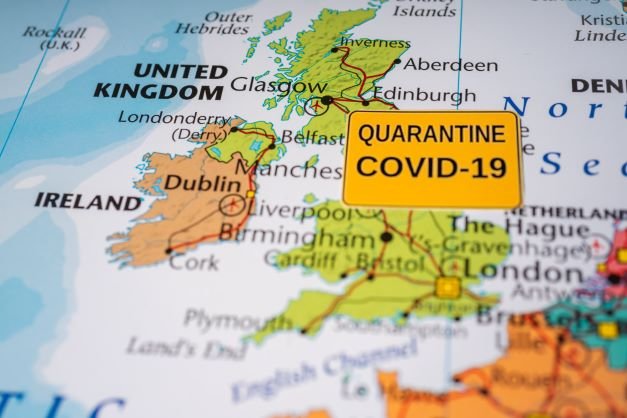Looking ahead to the publication of a new public dialogue report with the UK Pandemic Ethics Accelerator
All of us at HVM followed with great interest as the UK Covid-19 Inquiry held its first preliminary hearing in central London last week. Although the primary purpose of the hearing was to establish the procedure for future public hearings, which are not scheduled to begin until next year, it was a significant moment that set the terms and tone for what is to follow.
The Inquiry’s chair, Baroness Hallett, restated her promise that “those who have suffered will be at the heart of the inquiry”, suggesting if one word could sum up the pandemic for many people it would be “loss”. Baroness Hallett also explained her decision to split the Inquiry between several core topics – or ‘modules’ – beginning with consideration of the levels of preparation, planning and resilience for a pandemic in the UK.
This chimes with one of the key concerns raised by participants in the public dialogue we ran with the UK Pandemic Ethics Accelerator on the ethical and societal dimensions of the pandemic a little over one year ago. During this rapid online dialogue, which brought together 24 participants from across the UK, we heard many participants express concern about both learning lessons from this pandemic and being better prepared going forwards, as this person explained:
“I'd say everything from making sure there's PPE and we're not running round the world trying to find it and locate it, so the health services can provide the service they are there for safely, because we were so underprepared on that side of things this time round. Hopefully they'll learn lessons from that.”
Since this report was published, we have been working with the UK Pandemic Ethics Accelerator on a second public dialogue attending in greater depth to the priorities participants raised in the first dialogue, including pandemic preparedness.
It also provided an opportunity to listen to specific perspectives from each of the home nations, with separate workshops conducted online for participants in England, Northern Ireland, Scotland and Wales. Both similarities and differences in experiences of the pandemic across the home nations shone through. With the UK Covid-19 Inquiry unfolding alongside a separate Inquiry in Scotland and continued calls for one in Wales, such comparisons appear to be as pertinent as ever. Last week, Baroness Hallett used her opening statement to recognise “different parts of the United Kingdom, different communities and different groups of people suffered in different ways.” We look forward to sharing dialogue participants’ contributions on these topics and others very soon.


